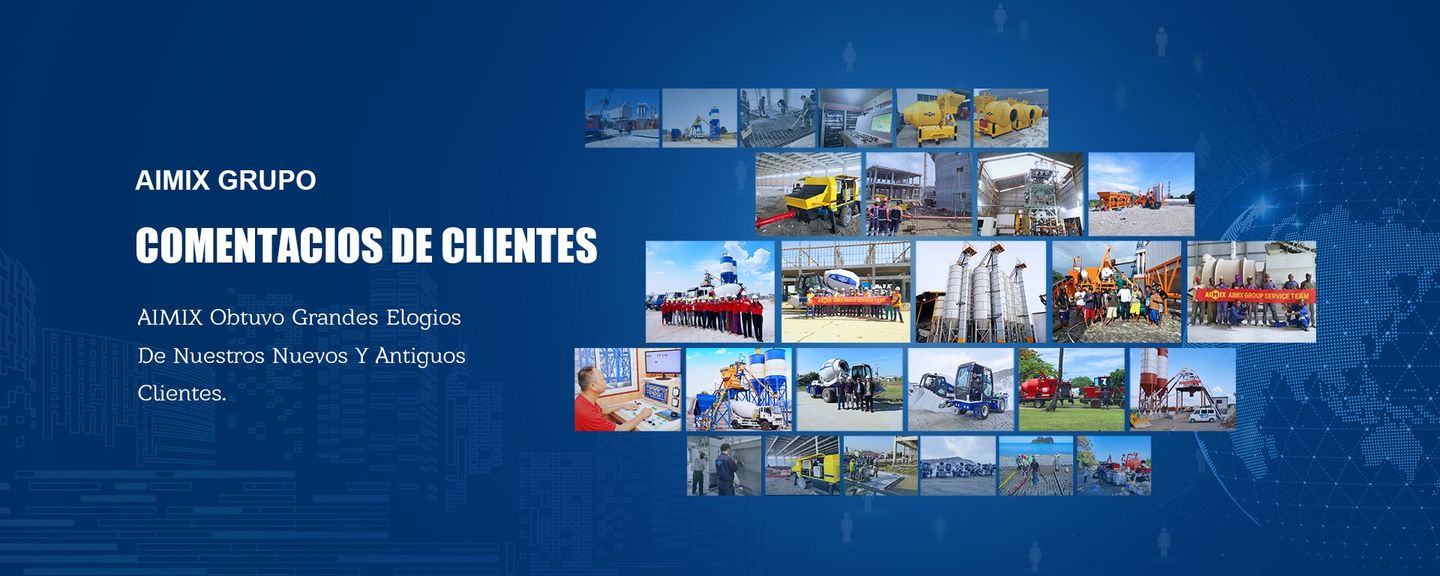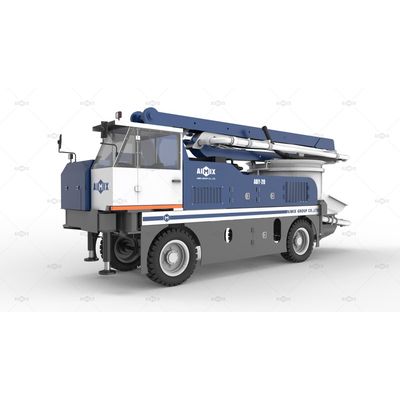

- Home
- Companies
- Aimix Group Co., Ltd
- Articles
- How Does The Electric Control System ...

How Does The Electric Control System Ensure Concrete Trailer Pumps Work Smoothly?
The efficiency of concrete trailer pumps hinges on the precision of their electric control systems, ensuring seamless operation in demanding construction environments. These sophisticated control mechanisms regulate the interaction between hydraulic components, motor functions, and pumping sequences, allowing for steady concrete flow, minimal downtime, and enhanced operational accuracy. By leveraging advanced automation, modern concrete trailer pump for sale maintains a high degree of consistency, significantly reducing human intervention and potential operational errors.
Precision in Pumping Operations
Role of Automated Control Mechanisms
The electric control system acts as the central command unit, synchronizing various components to achieve precise concrete pumping cycles. Automated controllers manage the switching sequences of valves and hydraulic circuits, ensuring optimal pressure distribution. This not only stabilizes concrete flow rates but also prevents issues such as pulsation, clogging, or irregular discharge, which could compromise structural integrity.
Optimization of Hydraulic and Electrical Coordination
Seamless coordination between electrical signals and hydraulic actuators ensures that the pump functions at its peak efficiency. The control system dynamically adjusts pumping speed based on real-time requirements, preventing energy wastage and unnecessary mechanical strain. By utilizing programmable logic controllers (PLCs) and microprocessor-driven automation, modern stationary concrete pump can adapt to varying material viscosities and site conditions without manual recalibration.
Real-Time Monitoring and Fault Detection
Sensor Integration for Operational Stability
To maintain smooth functionality, electric control systems incorporate high-precision sensors that continuously monitor pump pressure, motor performance, and hydraulic oil levels. These sensors feed real-time data into the control unit, enabling instant adjustments when deviations are detected. By keeping parameters within optimal working thresholds, the system mitigates risks of overloading, overheating, or premature wear.
Diagnostic Features to Prevent Malfunctions
Modern concrete trailer pumps are equipped with self-diagnostic capabilities, allowing for early fault detection and predictive maintenance. The electric control system logs operational anomalies and alerts operators about potential failures before they escalate. By identifying irregularities in hydraulic pressure, motor torque, or valve responsiveness, these diagnostic functions prevent costly breakdowns and unplanned downtimes.
Energy Efficiency and System Longevity
Smart Power Distribution and Load Balancing
An efficiently designed control system ensures intelligent power allocation, distributing electrical loads evenly across all components. This prevents excessive energy consumption and voltage fluctuations, which could otherwise degrade system performance. Advanced models feature variable frequency drives (VFDs) that regulate motor speeds dynamically, adjusting power input based on real-time demand.
Impact on Wear Reduction and Maintenance Intervals
By optimizing pumping cycles and hydraulic responses, the electric control system minimizes unnecessary strain on mechanical parts, thereby extending service life. Consistent power regulation prevents sudden voltage spikes, reducing the likelihood of electrical component failures. In the long term, this translates to lower maintenance costs, reduced replacement frequency, and enhanced reliability in large-scale construction projects.
An advanced electric control system is indispensable in ensuring that concrete trailer pumps operate smoothly, maintaining high efficiency, and prolonging system durability. By integrating automation, real-time monitoring, and energy-efficient mechanisms, modern control systems provide a robust framework for precision-driven pumping operations in construction sites worldwide.
